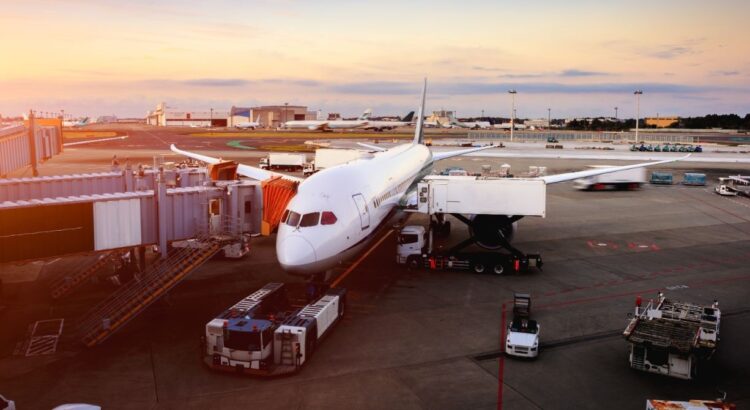Air cargo and logistics are crucial to global trade in the aerospace industry. The need for more rapid and effective delivery services has prompted the industry to adapt. Let’s examine Malaysia’s aerospace industry’s air cargo and logistics trends as listed below:
E-commerce boom:
E-commerce has greatly affected air cargo and logistics. Online shopping has increased demand for fast and efficient delivery services, forcing the industry to innovate. The Aerospace Industry Malaysia has invested in advanced cargo handling technologies and infrastructure to meet rising air freight demand.
Digitalization and Automation:
As the air cargo industry digitises, new technologies streamline and automate processes. These innovations include e-AWBs, digital platforms for real-time tracking, and AI and machine learning for better decision-making and forecasting. These advances are improving air cargo services in Malaysia’s Aerospace Industry.
Sustainable Practices: The aviation industry, including air cargo, prioritises environmental issues. Greener technologies and practises help airlines and cargo operators reduce their environmental impact. These include purchasing fuel-efficient aircraft, optimising routing and payload capacities, and researching sustainable fuels. Malaysia’s Aerospace Industry recognises the need to reduce air cargo’s environmental impact.
Aerospace Industry Malaysia, a fast-growing global aviation player, can help develop the air cargo and logistics sectors. Malaysian companies and authorities are improving infrastructure and technology to stay competitive in the air cargo market.
Advanced technologies and eco-friendly practises demonstrate Malaysia’s Aerospace Industry’s commitment to innovation and sustainability. Malaysia hopes to strengthen its air cargo and logistics sectors and support global trade and economic growth by capitalising on these trends.
E-commerce, digitalization, automation, and sustainability are transforming the air cargo and logistics sectors. Malaysia’s aerospace industry is adapting to these changes to improve its global competitiveness. As Malaysia invests in infrastructure and technology, its aerospace industry will shape air cargo and logistics.
